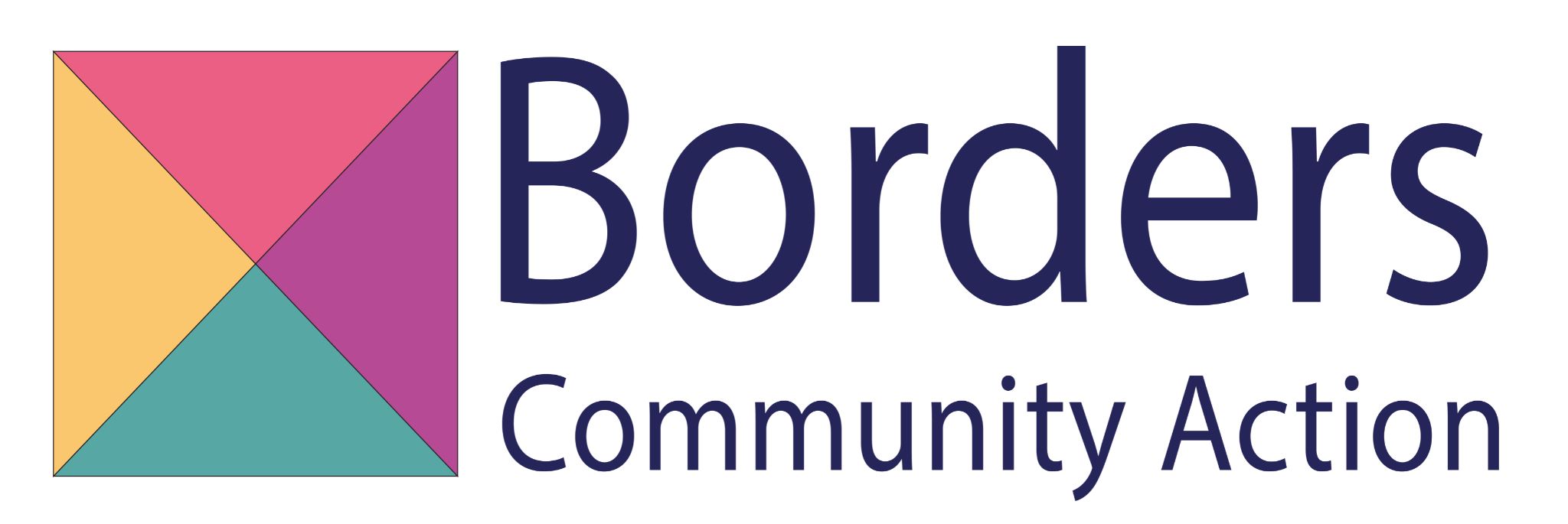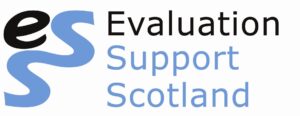Networks, Surgeries and Training Events
Networks & Surgeries
Tweeddale Community Network
Quarterly events where you will hear the latest updates on funding, training, support, employability and volunteering. You will also have the opportunity to talk about your own work/activities and of course there will be time to network too.
- Monday 19th May 2025, 10:30am - 12pm
Tweeddale Youth Action, Peebles
Village Hall Event
Meet & Network
Connect with fellow village hall committees and share ideas, challenges, and successes.
Talk to the BCA Team
Learn how Borders Community Action can support your hall. Get a demo of the brand-new Village Hall website and discover how it can help your committee.
Decarbonisation Advice & Suppliers
Get expert advice on energy audits, low-carbon solutions, and CARES funding opportunities to support your sustainability goals.
Utility Providers & Brokers
Find ways to reduce your hall’s energy bills and improve efficiency by talking directly to utility experts.
Whether you're just starting or looking to take your hall to the next level, this event is for you!
Third Sector Leaders Network
We hold bi-monthly Leaders' Network meetings for Borders Community Action members, which we aim to alternate between in-person and online to accommodate different individuals' preferences.
We also plan to bring speakers from time to time and focus on a particular theme as the network develops, which we will update on this page closer to the time.
- Thursday 29th May 2025, 2pm - 3:30pm
Online via Zoom
Eildon One to One Surgery
Our surgeries are a chance to meet 1.1 with your local Community Development Lead to access support for your community group, charity, organisation or project.
We offer support to all community groups, whether you are just getting started, an informal group, registered charity or social enterprise, whether you are looking for funding, governance support, volunteers or just a listening ear to discuss the challenges you are facing in your group.
One to One Online Surgeries
Our surgeries are a chance to meet 1.1 with your local Community Development Lead to access support for your community group, charity, organisation or project.
We offer support to all community groups, whether you are just getting started, an informal group, registered charity or social enterprise, whether you are looking for funding, governance support, volunteers or just a listening ear to discuss the challenges you are facing in your group.
- Thursday 5th June 2025, 10am - 2pm
Online via Zoom
Berwickshire One to One Surgery
Our surgeries are a chance to meet 1.1 with your local Community Development Lead to access support for your community group, charity, organisation or project.
We offer support to all community groups, whether you are just getting started, an informal group, registered charity or social enterprise, whether you are looking for funding, governance support, volunteers or just a listening ear to discuss the challenges you are facing in your group.
Tweeddale One to One Surgery
Our surgeries are a chance to meet 1.1 with your local Community Development Lead to access support for your community group, charity, organisation or project.
We offer support to all community groups, whether you are just getting started, an informal group, registered charity or social enterprise, whether you are looking for funding, governance support, volunteers or just a listening ear to discuss the challenges you are facing in your group.
Teviot & Liddesdale One to One Surgery
Our surgeries are a chance to meet 1.1 with your local Community Development Lead to access support for your community group, charity, organisation or project.
We offer support to all community groups, whether you are just getting started, an informal group, registered charity or social enterprise, whether you are looking for funding, governance support, volunteers or just a listening ear to discuss the challenges you are facing in your group.
- Thursday 19th June 2025, 10am - 3pm
Hawick Business Centre, 10-12 Oliver Crescent, Hawick TD9 9BQ
Cheviot One to One Surgery
Our surgeries are a chance to meet 1.1 with your local Community Development Lead to access support for your community group, charity, organisation or project.
We offer support to all community groups, whether you are just getting started, an informal group, registered charity or social enterprise, whether you are looking for funding, governance support, volunteers or just a listening ear to discuss the challenges you are facing in your group.
- Thursday 10th July 2025, 10am - 3pm
Kelso (Venue TBC)
Tweeddale One to One Surgery
Our surgeries are a chance to meet 1.1 with your local Community Development Lead to access support for your community group, charity, organisation or project.
We offer support to all community groups, whether you are just getting started, an informal group, registered charity or social enterprise, whether you are looking for funding, governance support, volunteers or just a listening ear to discuss the challenges you are facing in your group.
- Thursday 21st August 2025, 10am - 3pm
Peebles (Venue TBC)
Third Sector Leaders Network
We hold bi-monthly Leaders' Network meetings for Borders Community Action members, which we aim to alternate between in-person and online to accommodate different individuals' preferences.
We also plan to bring speakers from time to time and focus on a particular theme as the network develops, which we will update on this page closer to the time.
Teviot & Liddesdale One to One Surgery
Our surgeries are a chance to meet 1.1 with your local Community Development Lead to access support for your community group, charity, organisation or project.
We offer support to all community groups, whether you are just getting started, an informal group, registered charity or social enterprise, whether you are looking for funding, governance support, volunteers or just a listening ear to discuss the challenges you are facing in your group.
- Thursday 18th September 2025, 10am - 3pm
Hawick Business Centre, 10-12 Oliver Crescent, Hawick TD9 9BQ
Tweeddale One to One Surgery
Our surgeries are a chance to meet 1.1 with your local Community Development Lead to access support for your community group, charity, organisation or project.
We offer support to all community groups, whether you are just getting started, an informal group, registered charity or social enterprise, whether you are looking for funding, governance support, volunteers or just a listening ear to discuss the challenges you are facing in your group.
Cheviot One to One Surgery
Our surgeries are a chance to meet 1.1 with your local Community Development Lead to access support for your community group, charity, organisation or project.
We offer support to all community groups, whether you are just getting started, an informal group, registered charity or social enterprise, whether you are looking for funding, governance support, volunteers or just a listening ear to discuss the challenges you are facing in your group.
Third Sector Leaders Network
We hold bi-monthly Leaders' Network meetings for Borders Community Action members, which we aim to alternate between in-person and online to accommodate different individuals' preferences.
We also plan to bring speakers from time to time and focus on a particular theme as the network develops, which we will update on this page closer to the time.
- Thursday 30th October 2025, 2pm - 3:30pm
Online via Zoom
Tweeddale One to One Surgery
Our surgeries are a chance to meet 1.1 with your local Community Development Lead to access support for your community group, charity, organisation or project.
We offer support to all community groups, whether you are just getting started, an informal group, registered charity or social enterprise, whether you are looking for funding, governance support, volunteers or just a listening ear to discuss the challenges you are facing in your group.
- Thursday 13th November 2025, 10am - 3pm
Peeble (Venue TBC)
Third Sector Leaders Network
We hold bi-monthly Leaders' Network meetings for Borders Community Action members, which we aim to alternate between in-person and online to accommodate different individuals' preferences.
We also plan to bring speakers from time to time and focus on a particular theme as the network develops, which we will update on this page closer to the time.
- Thursday 29th January 2026, 2pm - 3:30pm
Online via Zoom
Third Sector Leaders Network
We hold bi-monthly Leaders' Network meetings for Borders Community Action members, which we aim to alternate between in-person and online to accommodate different individuals' preferences.
We also plan to bring speakers from time to time and focus on a particular theme as the network develops, which we will update on this page closer to the time.

